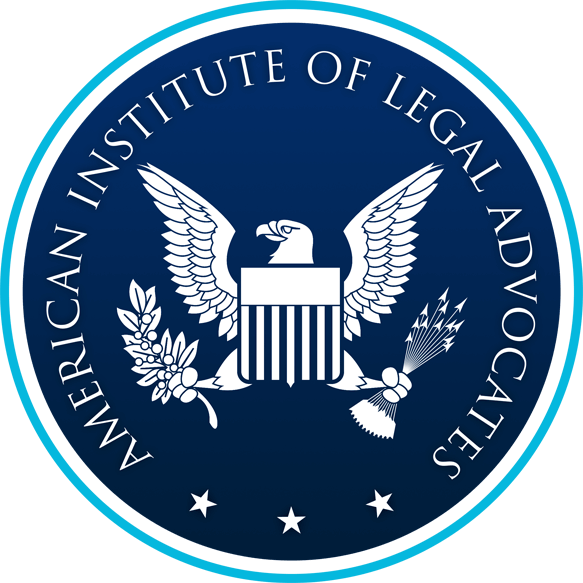2025财年H-1B名额注册 | 第二次随机选择
有关详细信息,请访问国务院的H1-B名额注册页面。
2024年8月签证排期公告更新
- 美国国务院发布了2024年8月的签证排期公告。美国移民局将接受优先日期 (Priority Date) 早于对应的8月最终行动日期 (Final Action Dates) 的外籍人士的职业移民类别的I-485身份调整 (绿卡) 申请。
- 在八月份,除印度的EB-2和EB-3外,所有职业移民类别的最终行动日期都将保持不变。
- 中国的EB-1、EB-2和EB-3排期也都将保持不变。
- 同时,所有国家的家庭移民F2A类别的递件日期 (Dates For Filing) 将在八月份大幅前进,推进近七个半月至2024年6月15日。I-130优先日期在2024年6月15日或之前的F2A类别外籍人士,都将有资格在2024年8月提交I-485身份调整 (绿卡) 申请。
2024年8月最终行动日期Final Action Dates
- EB-1
- 中国: 2022年11月 1日
- 印度: 2022年2月1日
- 所有其他国家: 当前 (无论申请人的优先日期如何,都可以提交申请。)
- EB-2
- 中国: 2020年3月1日
- 印度: 2012年7月15日
- 所有其他国家: 2023年3月15日
- EB-3
- 中国: 2020年9月1日
- 印度: 2012年10月22日
- 所有其他国家: 2021年12月1日
更多详情请访问国务院2024年8月签证排期公告。
2024年7月签证排期公告更新
快速总结:
- 美国国务院发布了2024年7月的签证排期公告。美国移民局将接受优先日期 (Priority Date) 早于对应的7月最终行动日期 (Final Action Dates) 的外籍人士的I-485身份调整 (绿卡) 申请。
- 七月份,大部分职业移民类别的最终行动日期都将略有进展。
- 中国EB-1将前进两个月;中国EB-2将前进一个月;中国EB-3将保持不变。
- 由于持续的高需求,除中国和印度以外的所有国家的EB-3最终行动日期将在7月倒退将近一年。美国国务院预计,EB-3类别的最终行动日期可能会在八月进一步倒退或变为“unavailable” ,即没有可以使用的名额。
2024年7月最终行动日期Final Action Dates
如果外籍人士要在7月份提交基于职业移民类别的I-485身份调整 (绿卡)申请,他们的I-140 优先日期必须早于以下对应类别和国家的日期:
- EB-1
- 中国: 2022年11月 1日
- 印度: 2022年2月1日
- 所有其他国家: 当前 (无论申请人的优先日期如何,都可以提交申请。)
- EB-2
- 中国: 2020年3月1日
- 印度: 2012年6月15日
- 所有其他国家: 2023年3月15日
- EB-3
- 中国: 2020年9月1日
- 印度: 2012年9月22日
- 所有其他国家: 2021年12月1日
更多详情请访问国务院 2024年7月签证排期公告。
2020年度元合回顾特辑 – 荣誉篇





“AIOLA成员”是由美国法律倡导者协会(AIOLA)评议选定的候选人,该协会致力于在各州倡导律师最高法律服务标准,其候选人必须在该领域拥有杰出成就并获得该领域同行的积极推荐,且只有不到1%的律师会被邀请。我所王珺律师不仅被邀请成为AIOLA的成员,同时获得“房地产法领域最杰出法律倡导者”荣誉。
“全美前10%房地产领域杰出律师称号”经由多轮评议,仅授予在各自领域中被公认为有杰出成就的律师,各州的杰出律师名额一般均不超过该州律师总数的10%。我所王珺律师自2018至2020年连续三年获得此称号。
“2020年纽约大都会地区超级律师闪耀新星”是由《超级律师》通过对70多个类别细分领域的执业律师进行独立调查、同业提名和同行评估,对获得同行高度认可且取得专业成就的杰出律师授予的奖项,纽约大都会区有且仅有2.5%的律师荣获该称号。我所赵笑竹律师荣获此称号。
“国际咨询专家”是由经验丰富的律所、金融及咨询公司组成的全球联盟,致力于为客户提供可满足其国际业务需求的专业解决方案。该联盟每年都会评选出在过去12个月中取得成功并获得客户及同行一致好评的律师。我所王珺律师、赵笑竹律师荣获2020年国际咨询专家奖。
“马奎斯世界名人录”创始于1898年,在传记资料领域享有全面和权威的盛誉,收录标准极高,被收录者均在各自领域享有显著成就、突出贡献及知名度。我所王珺律师被收录入马奎斯世界名人录。
“The Real Deal”是美国访问量最大的300个网站之一,专注于提供最新的纽约房地产交易信息、数据,其统计市场实际数据及核心指标,具有相当的权威性。疫情来袭,经济下行,政府办公停滞,人员跨境受阻,这一切使得纽约这一全球房产交易主要市场面临巨大挑战。面对种种不利因素,元合律师事务所纽约办公室迎难而上,在挑战中抓住机遇,凭借出色的专业能力和敬业精神,在众多国际大型知名律师事务所中脱颖而出,在The Real Deal发布的本年度纽约房地产交易排名中荣膺第34名。